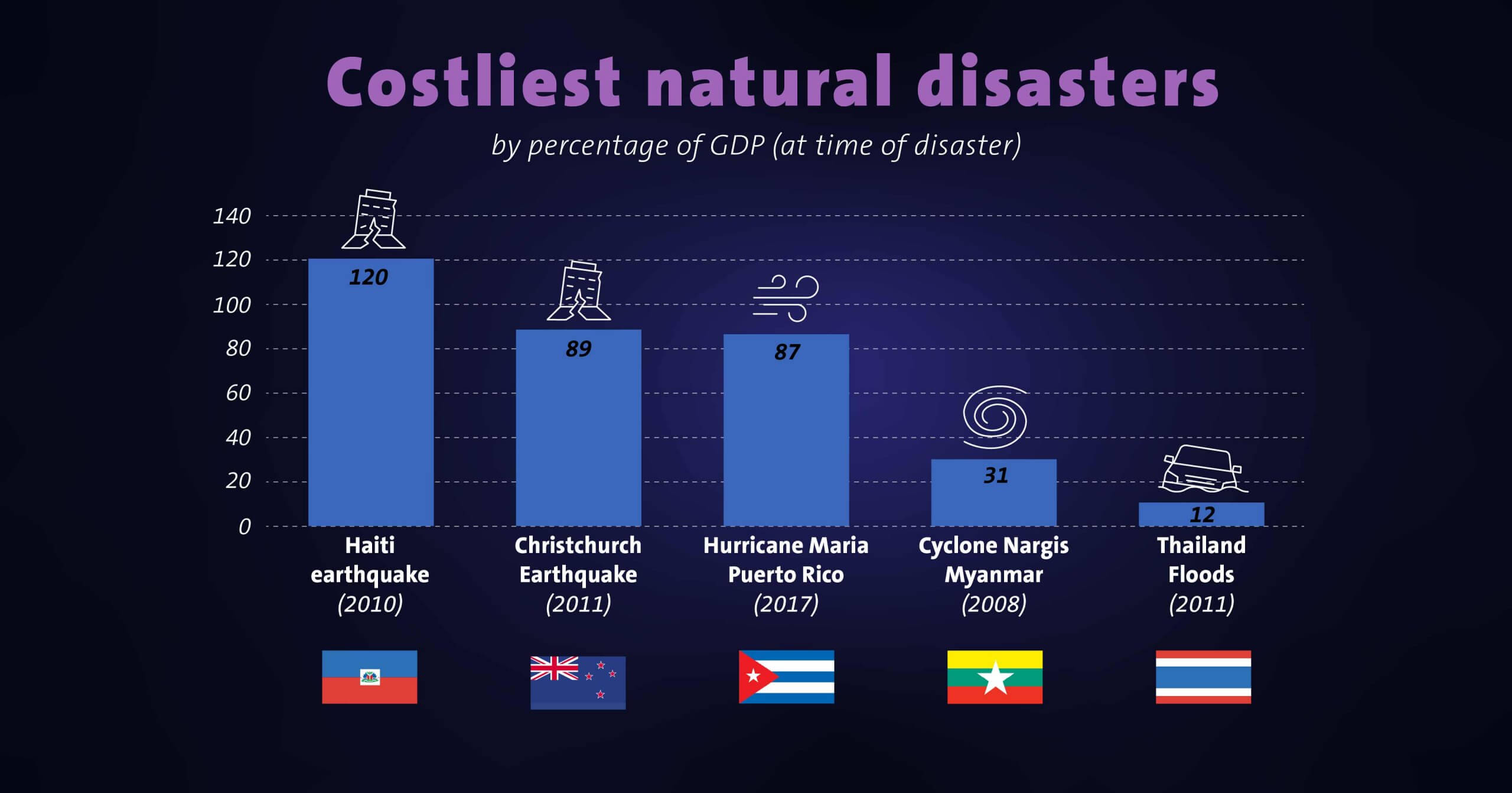As the frequency and severity of natural disasters continue to rise, it’s no secret that they can have a devastating impact on our homes and communities. But have you ever stopped to think about how these disasters can affect your home insurance?

If you’re like most homeowners, you probably don’t think about your home insurance policy until you need to file a claim. But with natural disasters on the rise, it’s more important than ever to understand how they can impact your policy and your wallet.
Increasing Premiums
One of the most significant ways that natural disasters can impact your home insurance is by increasing your premiums. When a major disaster strikes, insurance companies often see a surge in claims, which can lead to higher costs for the company. To make up for these costs, insurance providers may raise premiums for homeowners in areas that are prone to certain types of natural disasters.
For example, if you live in a coastal area that’s prone to hurricanes, your insurance premiums may be higher than someone who lives in a landlocked area. This is because the risk of damage from hurricanes is higher in coastal areas, which means that insurance companies are more likely to have to pay out claims for hurricane-related damage.
What’s more, if you’ve filed a claim in the past for damage related to a natural disaster, you may see an increase in your premiums. This is because insurance companies view you as a higher risk, since you’ve already filed a claim for damage related to a natural disaster.
Decreased Coverage
Another way that natural disasters can impact your home insurance is by decreasing the amount of coverage you have. In some cases, insurance companies may decide to reduce the amount of coverage they offer in areas that are prone to certain types of natural disasters.
For example, if you live in an area that’s prone to wildfires, your insurance company may decide to reduce the amount of coverage they offer for wildfire-related damage. This is because the risk of damage from wildfires is higher in these areas, which means that insurance companies are more likely to have to pay out claims for wildfire-related damage.
New Exclusions
Natural disasters can also lead to new exclusions on your home insurance policy. In some cases, insurance companies may decide to exclude coverage for certain types of damage related to natural disasters.
For example, if you live in an area that’s prone to earthquakes, your insurance company may decide to exclude coverage for earthquake-related damage. This is because the risk of damage from earthquakes is higher in these areas, which means that insurance companies are more likely to have to pay out claims for earthquake-related damage.
What You Can Do
So, what can you do to protect yourself and your wallet from the impact of natural disasters on your home insurance? Here are a few tips:
- Review your policy: Take a close look at your home insurance policy to see what’s covered and what’s not. Make sure you understand what types of damage are excluded from coverage.
- Consider additional coverage: If you live in an area that’s prone to certain types of natural disasters, consider adding additional coverage to your policy. For example, if you live in a coastal area, you may want to add flood insurance to your policy.
- Take steps to mitigate damage: There are steps you can take to mitigate damage from natural disasters. For example, you can trim trees and shrubs to reduce the risk of branches breaking and causing damage to your home.
- Shop around: If you’re not happy with your current insurance provider, shop around to see what other companies have to offer. You may be able to find a better rate with another company.
- Consider a higher deductible: If you’re looking to save money on your premiums, consider a higher deductible. This can help lower your premiums, but keep in mind that you’ll have to pay more out of pocket if you do need to file a claim.
Conclusion
Natural disasters can have a significant impact on your home insurance, from increasing premiums to decreasing coverage. But by understanding the risks and taking steps to mitigate them, you can protect yourself and your wallet from the impact of natural disasters. Whether you’re shopping for a new policy or reviewing your existing one, remember to take a close look at what’s covered and what’s not, and consider additional coverage options to ensure you’re protected in case of a disaster.




